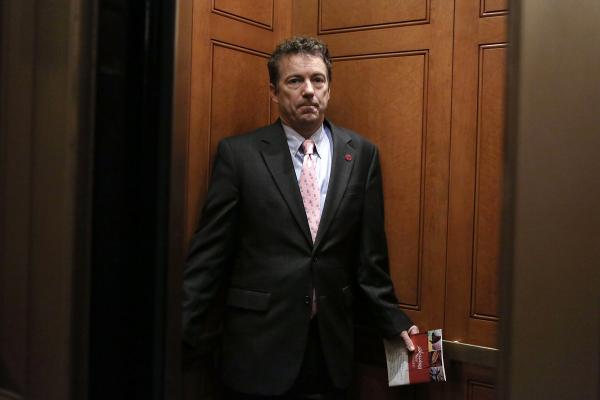Mar 5, 2013
“I believe the sequester is a pittance.”
Those were conservative Sen. Rand Paul’s words in an opinion piece this week about the sequester – severe and arbitrary cuts to the federal budget that Congress did nothing to stop. We could give him the benefit of the doubt and assume he hasn’t seen the numbers:
- The nutrition program for women with children — WIC — will have to turn away 600,000 to 775,000 women, many of whom have young children.
- The 3.8 million currently unemployed workers will have their support cut by 11 percent.
- 100,000 low-income families will lose their housing vouchers.
- 125,000 individuals and families are now at risk of homelessness.
That doesn’t sound like a “pittance” to me.
Read the Full Article

Already a subscriber? Login
